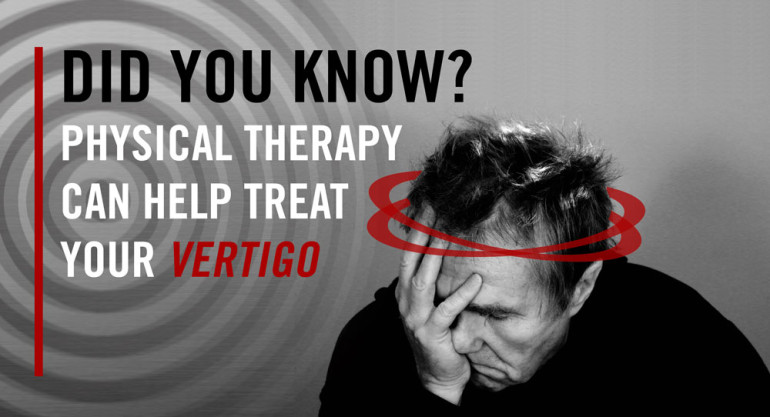

Generally speaking, there are a variety of triggers or things that can that can bring about an episode of vertigo and dizziness. Common triggers of post-concussion dizziness As with any medical condition, there may be more than one reason that a person experiences dizziness and vertigo.

The symptom of feeling dizzy after head trauma rarely occurs in isolation instead multiple factors often contribute to the problem. Other symptoms and side effects might include: lightheadedness vertigo motion sensitivity balance dysfunction feeling faint or blacking out double vision and other eye symptoms after concussion nausea and vomiting and more.

3ĭizziness is not just limited to the sensation of “spinning” either. On the other hand, post-concussive dizziness can persist for weeks or months after the trauma, and even become a chronic problem in one out of five patients-with some reporting symptoms for 2 to 5 years or even longer. Difficulty of patients in describing symptomsĮvidence has suggested that up to 80% of those who sustain a concussion frequently report vertigo in the first few days after a head injury, and it can often last up to a week or more.Presence of other dizziness-related side effects.2 However, it can be incredibly difficult to properly diagnose post-traumatic dizziness and vertigo for several reasons, including: Symptoms and diagnosis of dizziness in post-concussion syndromeĪcute dizziness is a commonly-reported problem following concussion, so much so that there are multiple clinical definitions that include it as an identifying sign of post-concussion syndrome. Post-concussion syndrome can be a persistent problem for people with a head injury, but what are some of those symptoms that one might expect? We have previously explored post-concussion headaches, but in this article we’ll look at another common symptom: dizziness and vertigo.


 0 kommentar(er)
0 kommentar(er)
